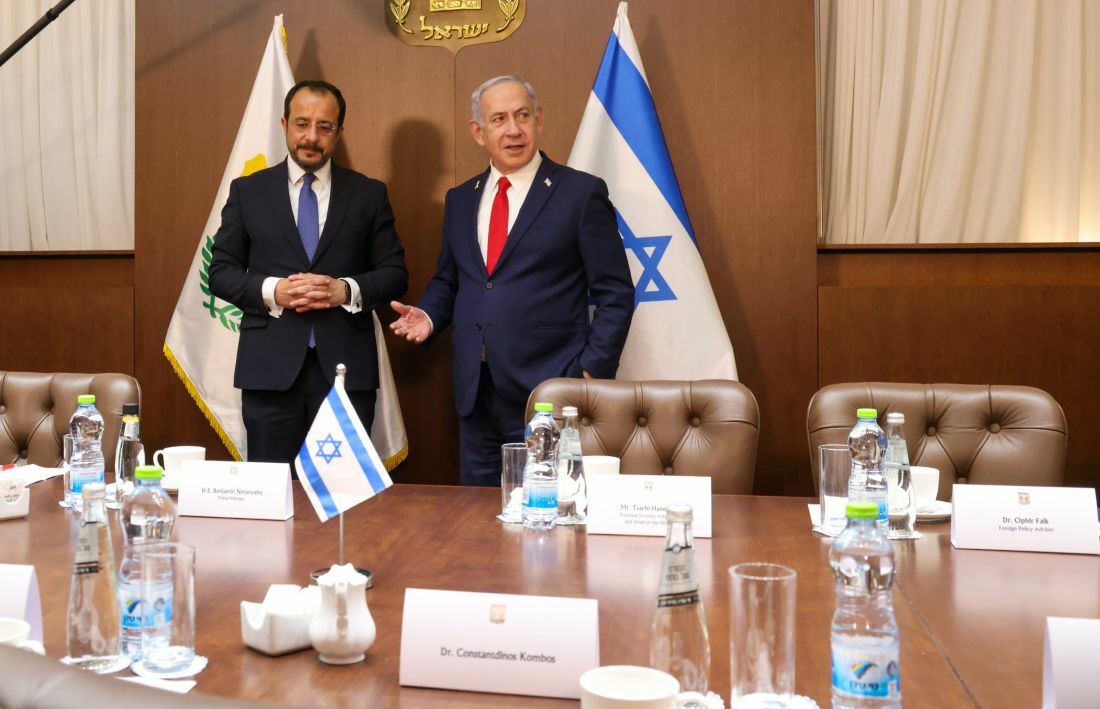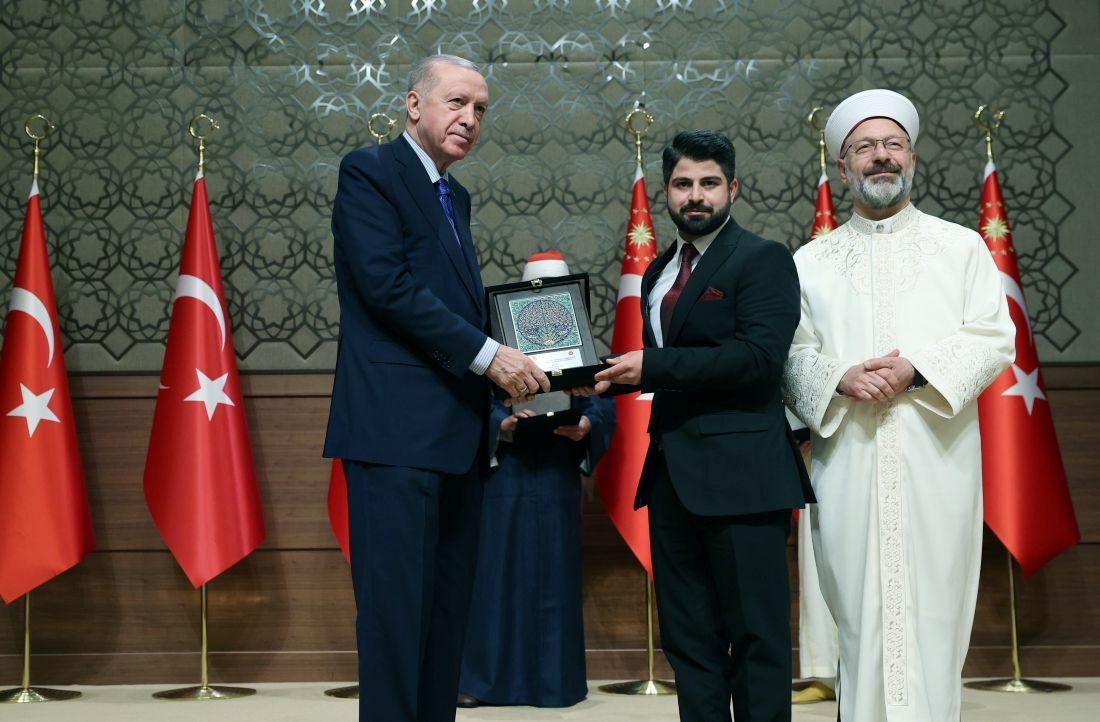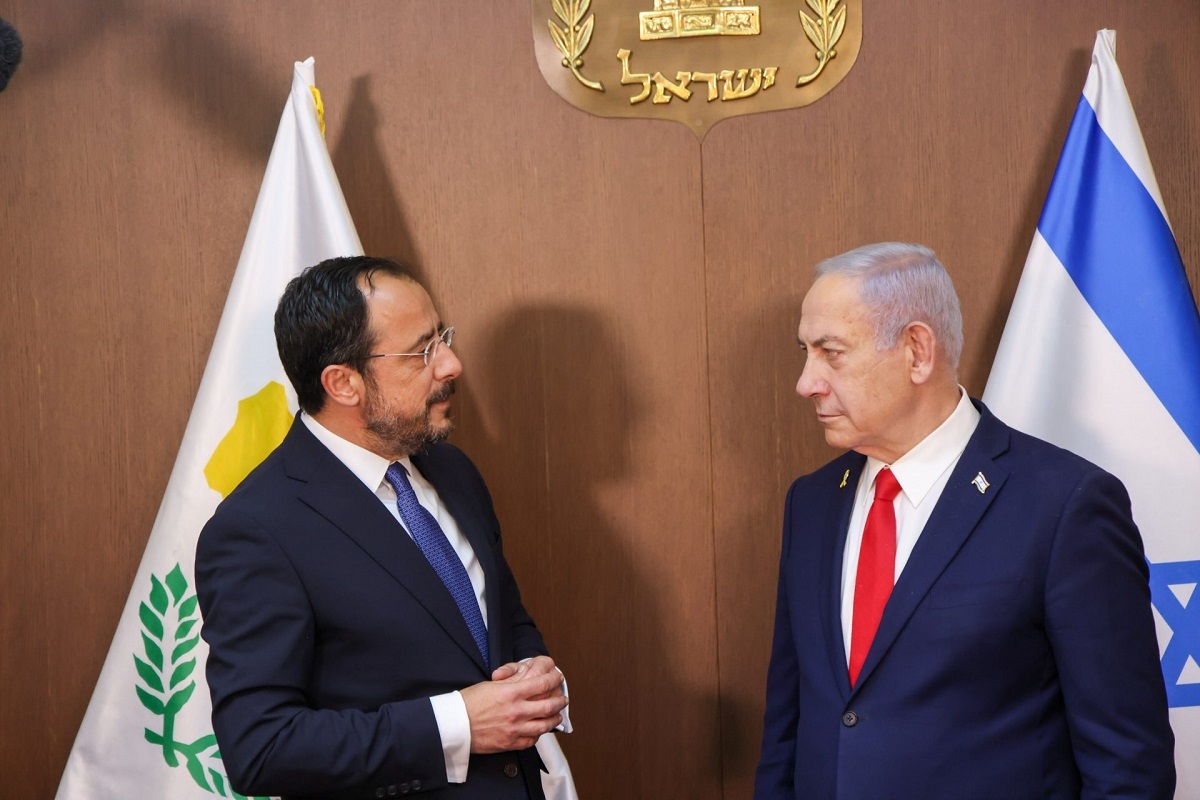
ENGLISH SECTION
05/05/2025 | 08:24
If Pakistan is Recognizing Occupied Cyprus, Why Shouldn’t Cyprus Recognize Baluchistan?
By Michael Rubin for Hellas Journal
Cypriot diplomacy punches far above its weight. Foreign Minister Constantinos Kombos receives respect on the global stage, and deservedly so. Turkish President Recep Tayyip Erdoğan likes to tell others, such as the occupied Cypriots protesting Islamic head coverings in elementary schools, to “know their place,” but Kombos’ success winning recognition from Kazakhstan, Uzbekistan, and Turkmenistan was a sign from Erdoğan’s own backyard that it is the Turkish dictator himself who should know his place.
Nevertheless, Turkey’s drive toward winning recognition for its own Donetsk and Luhansk model in northern Cyprus has won some adherents.
Azerbaijan’s Ilham Aliyev will march in lockstep with Erdoğan’s desires due to his need for Turkish military support, as well as Aliyev’s recognition that for his dynasty to continue, Turkey will need to intervene upon his death due to his wife’s corruption and his son’s autism.
- Pakistan, too, is casting its support to Turkish-occupied Cyprus. Speaking at a press conference last week, Prime Minister Shehbaz Sharif declared Pakistan’s “support for the people of the Turkish Republic of Northern Cyprus.”
Turkey, Azerbaijan, and Pakistan—the new axis of Sunni Islamist terror—eschew diplomatic norms. Any recognition of occupied northern Cyprus as sovereign that Ankara, Baku, or Islamabad offers is done not on the merits of history or law, but rather in service of Turkey’s imperial ambition.
If these countries seek to dismantle a sovereign, European Union member and democracy, perhaps it is time Cyprus, Greece, and like-minded democracies return the favor.
Turkey, Azerbaijan, and Pakistan are each dictatorship, known for endemic corruption and repression of ethnic and religious minorities.
Since its founding more than a century ago, the Republic of Turkey has systematically repressed Kurds, first on religious grounds as the group resisted Mustafa Kemal Atatürk’s secularization and then in recent decades on ethnic grounds as well. Erdoğan, meanwhile, bases his repression on both aspects, especially as the Sufi-oriented Kurds chafe at his Muslim Brotherhood vision.
- Azerbaijan is an artificial state whose borders were ill-defined in the brief period between its independence and its absorption into the Soviet Union; it is afar from homogenous, however. As he gerrymandered the Caucasus, Joseph Stalin incorporated Nagorno-Kabarakh, an indigenous Armenian land, into Azerbaijan.
While Aliyev expelled Nagorno- Armenians in 2023 and then dynamited their parliament, he has not been successful in convincing ethnic Azeris to return to what is essentially a foreign land for them.
Ironically, prior to their expulsion, the Nagorno-Karabakh Armenians were the only officials in territory Azerbaijan considered its own to win their offices through legitimate elections. Azerbaijan is also home to the Talysh people against whom the Baku government systematically discriminates.
- Pakistan is among the world’s most artificial states. Created theoretically as a state for Muslims, it is an amalgam of different ethnic groups, many of which seek to go their own way and some, like the Baluch, who have an earlier history of statehood under the Khanate of Kalat.
Northern Cyprus has zero legitimacy as a state. Not only is its Turkish majority the result of an invading Turkish army’s ethnic cleansing a half century ago, but the Turkish government has used an influx of Turkish settlers to suffocate the Cypriot Muslim’s traditional culture.
If Erdoğan seeks to promote separatism and Azerbaijan and Pakistan support his calls, then there can be only one logical response:
- Cyprus, Greece, as well as the broader European Union and the United States should be aggressive in the response and promote aspirant countries and peoples like the Kurds and Talysh, as well as openly support the restoration of the sovereignty of Nagorno-Karabakh and Kalat [Baluchistan].
While it may seem unfair to support freedom movements for tactical and reactionary purposes, unwavering subsequent commitment to those causes can mitigate moral concerns.
All Turks, Azeris, and Pakistani must understand that if their leaders open the Pandora’s Box, there will be no closing it and, whether next year or a decade from now, they will face a common result:
Partition and division. Ankara, Baku, and Islamabad may come to lament that fact, but Diyarbakir as the new capital of Kurdistan, Stepanakert as the renewed capital of Nagorno-Karabakh, Lankaran as the capital of the Talysh Republic, and Kalat or Gwadar as the capital of Baluchistan will celebrate.
* Michael Rubin is director of policy analysis at the Middle East Forum and a senior fellow at the American Enterprise Institute.









